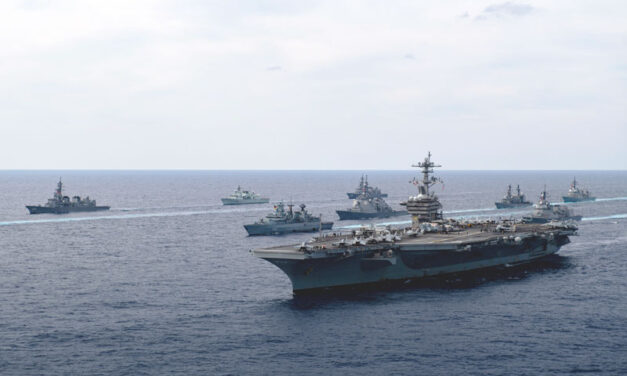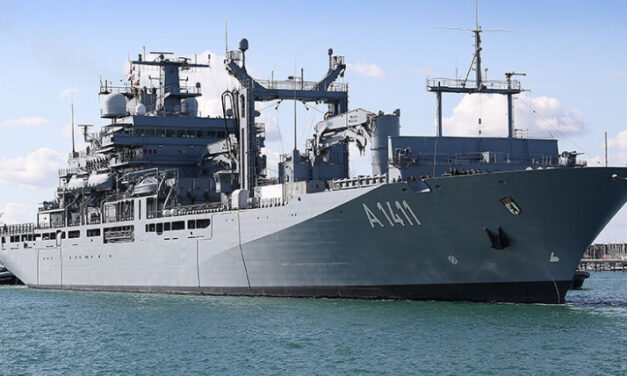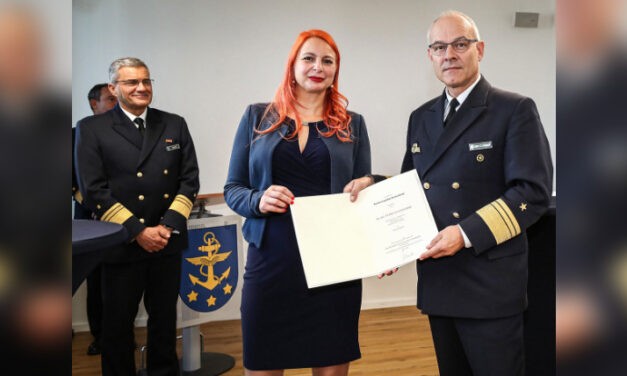Germany's door opener in the Indo-Pacific
After the end of the Indo-Pacific Deployment 2021 of the frigate Bayern almost a year ago, the announced German involvement in the region has gone quiet. How can it continue? Our problem is not a lack of rules, our problem is a lack of will to comply with and implement them. Chancellor Olaf Scholz attested to this in his speech to the United Nations in New York on 20 September. Even if the Chancellor's statement primarily refers to the Russian war of aggression against Ukraine, it is also likely to apply implicitly to other autocratic regimes. Because not only since the...
Weiterlesen






Latest comments